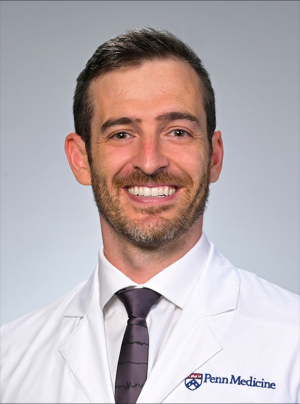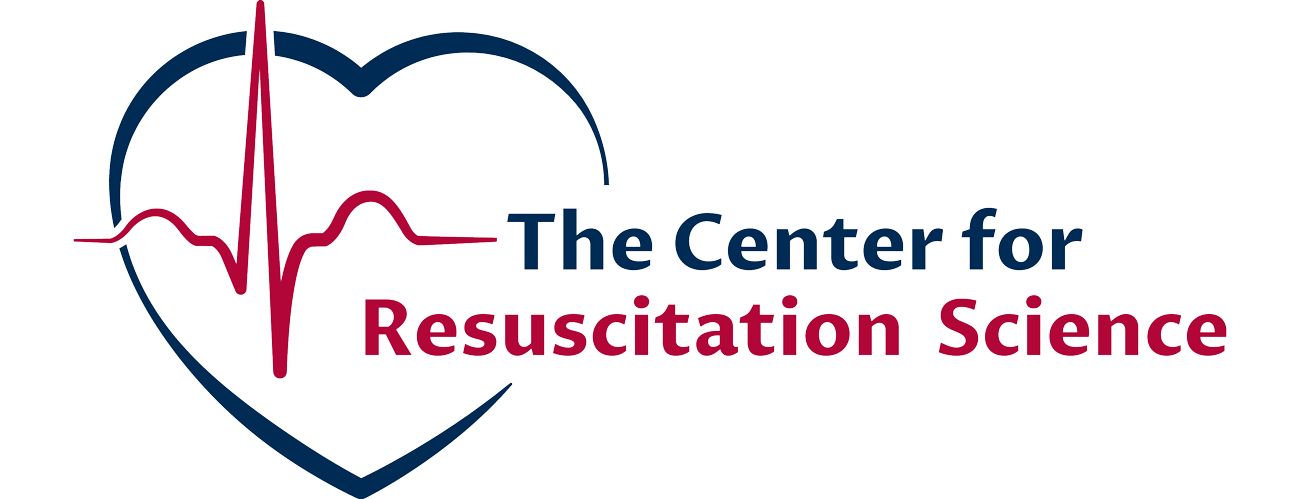Information about the RECOVER Program
Check out the official RECOVER website here!
The Recovery of Consciousness Via Evidence-Based Medicine and Research (RECOVER) Program at the University of Pennsylvania is an innovative consultative service that partners with the Center for Resuscitation Science to provide specialized, comprehensive, and longitudinal care to patients with disorders of consciousness after brain injury.
Founded in 2022, the RECOVER Program brings experts in neuroprognostication to the bedside and combines guideline-recommended treatment with cutting-edge technology to ensure that neuroprognostication is provided in an expedient and compassionate manner. In addition, the RECOVER program brings together specialists from across the hospital to create individual prognosis and treatment plans, as well as to ensure robust post-admission follow-up and treatment. This novel approach has the potential to transform care for the brain-injured patient.
Principal Investigator: David Fischer, MD
Contact: david.fischer@pennmedicine.upenn.edu

David Fischer, M.D., is a neurointensivist and Assistant Professor of Neurology at the University of Pennsylvania. He studied neuroscience and philosophy of mind at Haverford College, obtained his M.D, from Harvard Medical School, and completed neurology residency and neurocritical care fellowship at Massachusetts General Hospital and Brigham and Women’s Hospital. He is interested in the detection, prediction, and promotion of consciousness recovery after acute severe brain injury.
He is the founding director of the Recovery of Consciousness Via Evidence-Based Medicine and Research (RECOVER) Program at the University of Pennsylvania, an innovative model that aims to provide specialized, comprehensive, and longitudinal care to patients with disorders of consciousness after brain injury.
His research involves advanced neuroimaging techniques (such as functional magnetic resonance imaging) to detect signs of consciousness and predict future neurologic recovery.
Research Team
-
-
Bianca Rodriguez
Undergraduate Student, Neuroscience
Bianca Rodriguez
Undergraduate Student, Neuroscience
-
Djine Mentor
Undergraduate Student, Nursing
Djine Mentor
Undergraduate Student, Nursing


